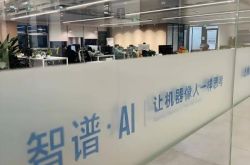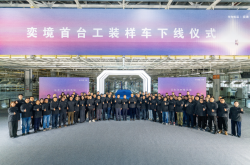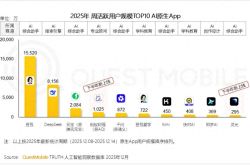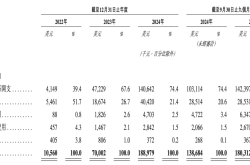American economist believes that the impact of chip supply disruption will last for up to 10 years, and Chinese chips will soon make a breakthrough
![]() 06/17 2024
06/17 2024
![]() 581
581
Thomas Sargent, the winner of the 2011 Nobel Prize in Economics and a professor of economics at New York University, also expressed optimism about Chinese chips, believing that China will take no more than 10 years to develop advanced chips. Bill Gates, a well-known American billionaire, also expressed such optimism.
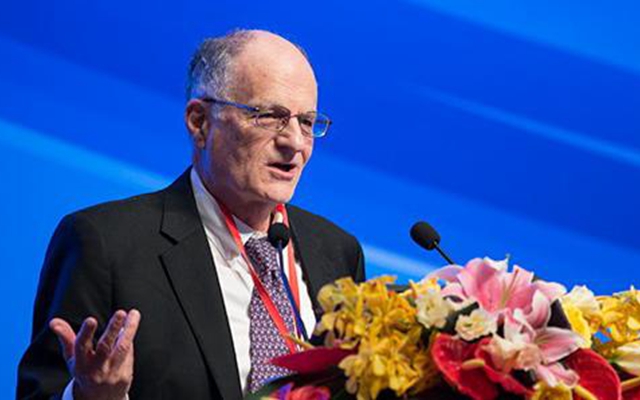
Thomas Sargent expressed dislike for the "chip war," arguing that no advanced technology is controlled by a single country today. For example, products like the iPhone and computers are the result of collaboration among global supply chains and cannot be completed independently by any one country.
The A17 processor in the iPhone 15 is the world's most advanced mobile phone processor, but its production is completed by Taiwan Semiconductor Manufacturing Company (TSMC) in Taiwan, China. TSMC also needs to procure various materials for producing the A17 processor globally, with Japanese and American companies supplying chip materials, and ASML of the Netherlands providing lithography machines.
Even in the chip design industry that remains in the United States, there is a large number of talents from Asia, including a considerable proportion of Chinese engaged in chip technology research and development. Currently, American chip companies such as AMD, NVIDIA, and Broadcom are controlled by Chinese, while Intel and Apple have a large number of Chinese engineers engaged in research and development. It is the concentration of global advanced talents that allows the United States to maintain its leadership in chip technology.
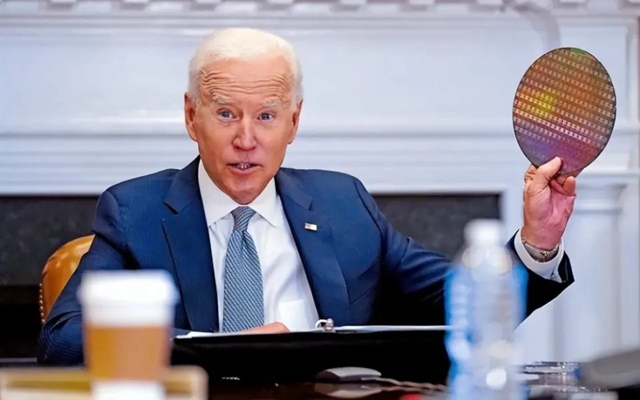
The United States has enjoyed the benefits of global free trade for many years, but now it is hell-bent on disrupting the global chip supply chain, which will affect its leadership in chip technology. In contrast, China, which already has a certain foundation, is strengthening its research and development in chip technology.
Since 2020, the United States has taken measures against China's chip industry, resulting in a Chinese mobile phone company being unable to produce 5G phones because the United States controls 5G radio frequency chip technology. However, only three years later, significant changes have occurred.
At the end of August 2023, this Chinese mobile phone company quietly launched a 5G phone. Overseas disassembly experts found that the 5G chip of this phone uses unknown technology, and the process is equivalent to TSMC's 7-nanometer technology. This means that China has only taken three years to break through the limitations of chip equipment and materials, achieving localization of 7-nanometer technology, and domestic 5G radio frequency chips have also broken new ground.
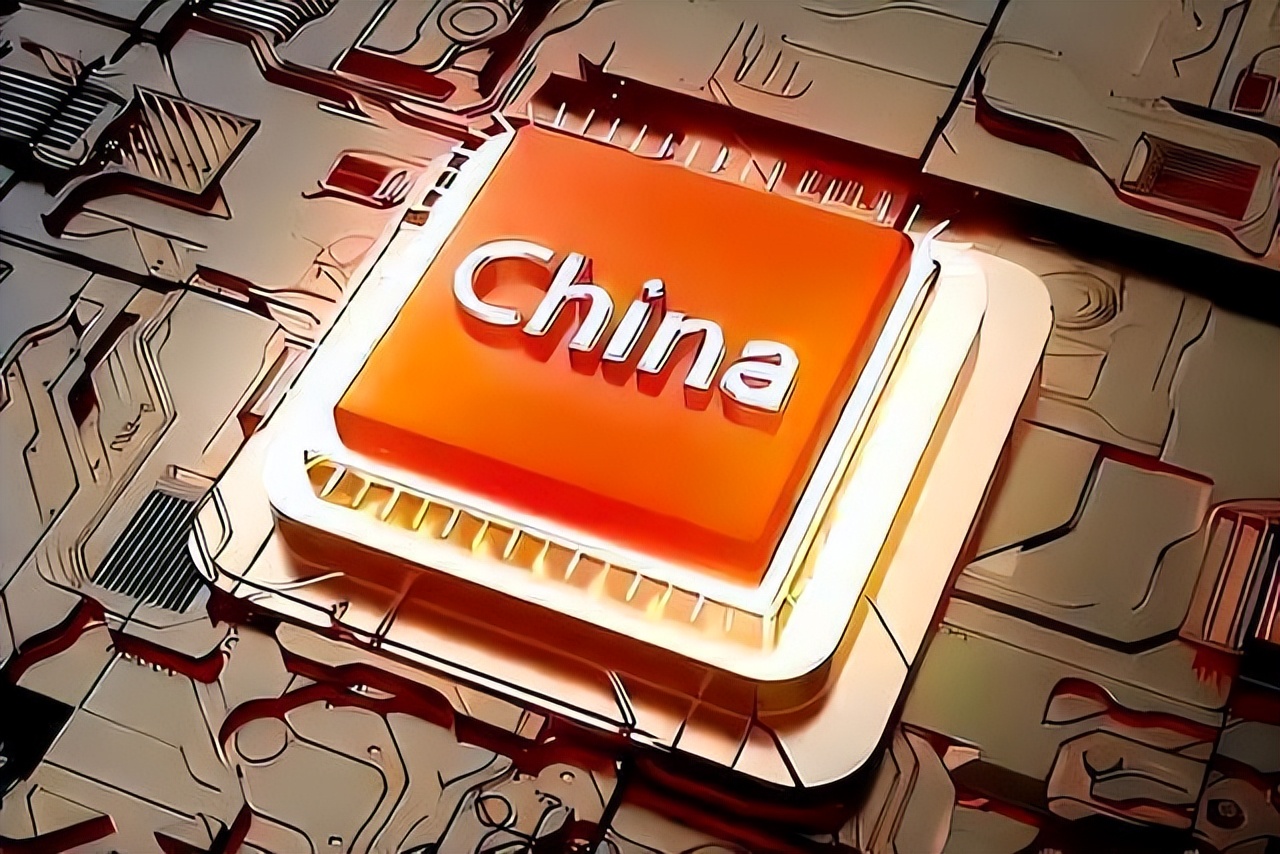
The technological breakthrough of Chinese chips lies in China's openness to talents, attracting global talents to join. Among them, the return of Chinese nationals has become a trend, with a large number of talents with chip research and development capabilities returning to the country. In addition, China has the largest number of science and engineering talents in the world, so Chinese chip technology has made rapid breakthroughs.
The mass production of domestically produced 5G chips also proves that China is rapidly improving its chip manufacturing industry chain, which benefits from China's vast manufacturing industry. After more than 30 years of development, China has the largest manufacturing industry in the world and can manufacture a wide range of products. These improved industrial chains have helped China rapidly mass-produce various chip materials and equipment, thereby accelerating the development of Chinese chips.
Bill Gates once said that the United States cannot stop the progress of Chinese chips, and the development of China's 5G chips and 5G radio frequency chips has proven his prophecy. Now, Thomas Sargent, the winner of the Nobel Prize in Economics, has also given a positive view on China's research and development of advanced chips. It can be seen that some insightful people in the United States clearly recognize that the so-called "chip war" initiated by the United States cannot prevent China from developing advanced chips.

On the contrary, as the United States continues to increase its efforts, American chips are facing an embarrassing situation where they are difficult to sell. Texas Instruments has indicated that chip inventory is high, and it is expected that chip inventory clearance will not be completed until the third quarter of this year. Intel recently announced the postponement of mass production at its $100 billion factory in Ohio. Intel has said that if it cannot sell chips to China, it does not know who to sell its chips to, and what is the significance of building a $100 billion chip factory. All of this shows that the U.S. approach is beginning to backfire on its chip industry.


